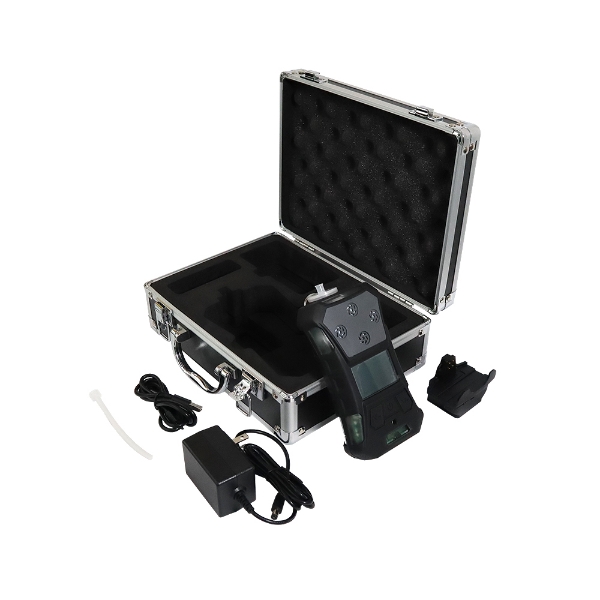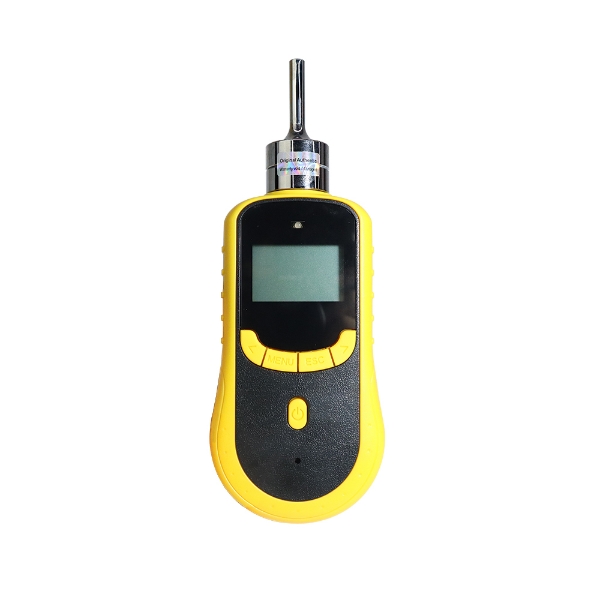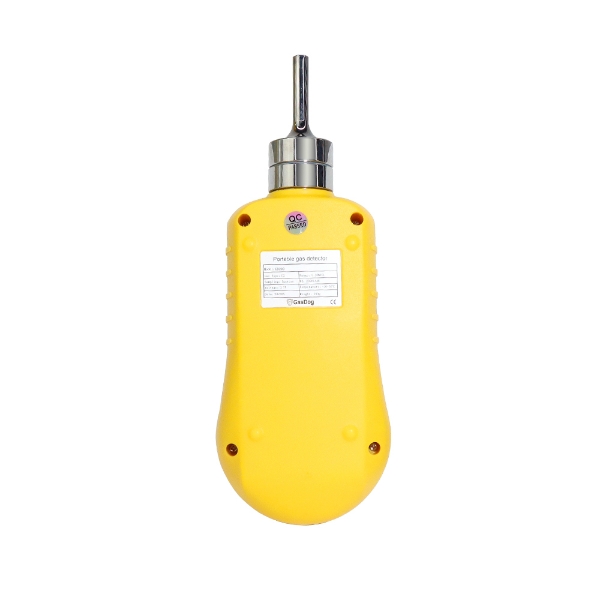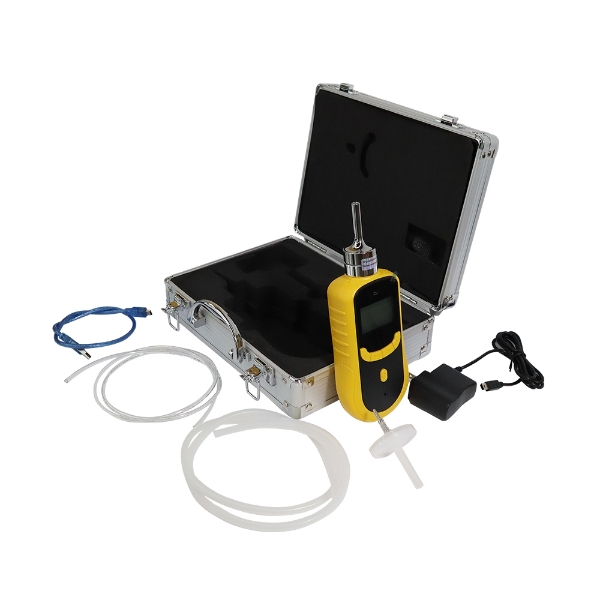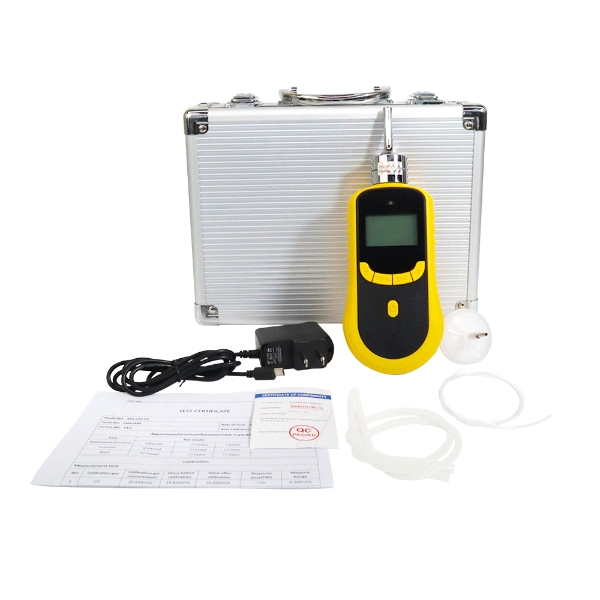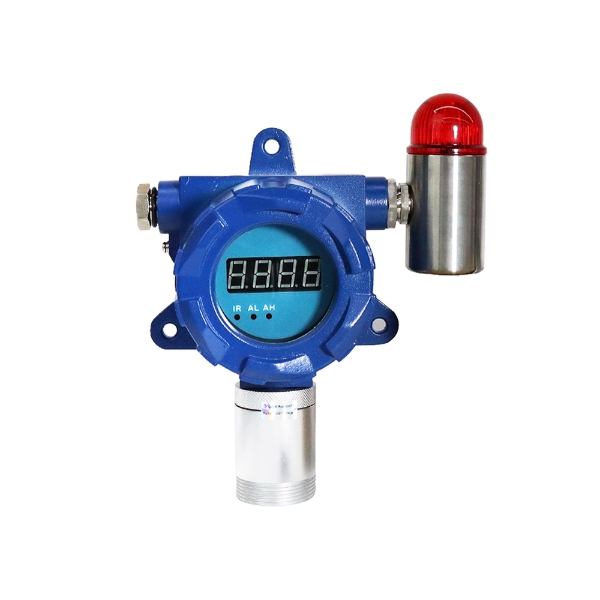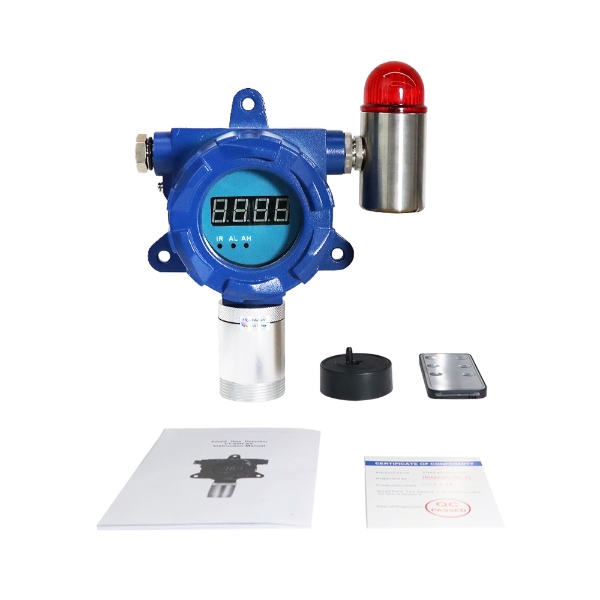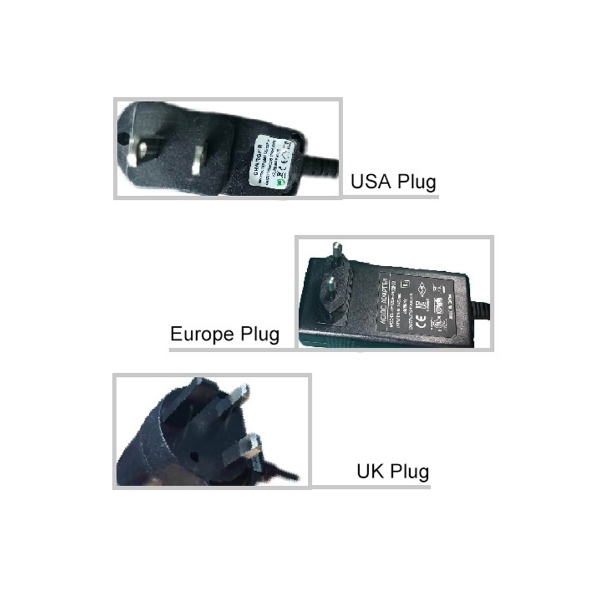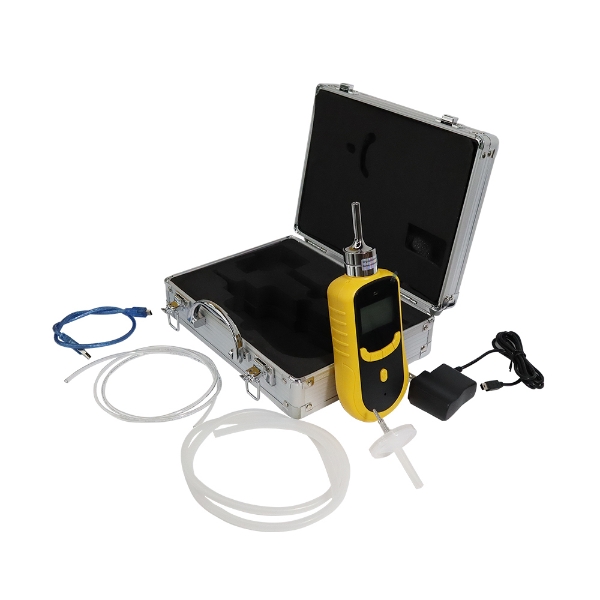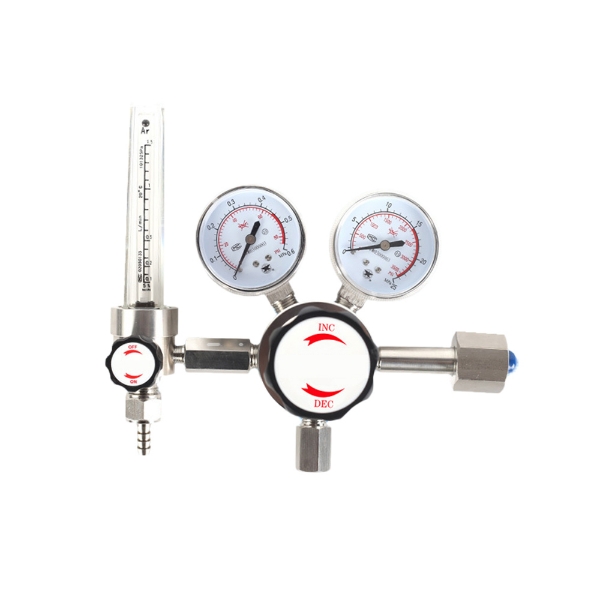-
You have no items in your shopping cart.
- Register
- Log in
- Wishlist
- Shopping cart
WRITE YOUR OWN REVIEW
EXISTING REVIEWS
Practical hydrogen sulfide detector
Last week, when I was inspecting the sewage treatment pool, an alarm suddenly sounded. After evacuating immediately, I found that the pipeline was leaking. I used this portable hydrogen sulfide detector for emergency treatment. It has high sensitivity and accurate values.
Sawyor
|
6/18/2025 2:07 AM
Was this review helpful?
(0/0)




